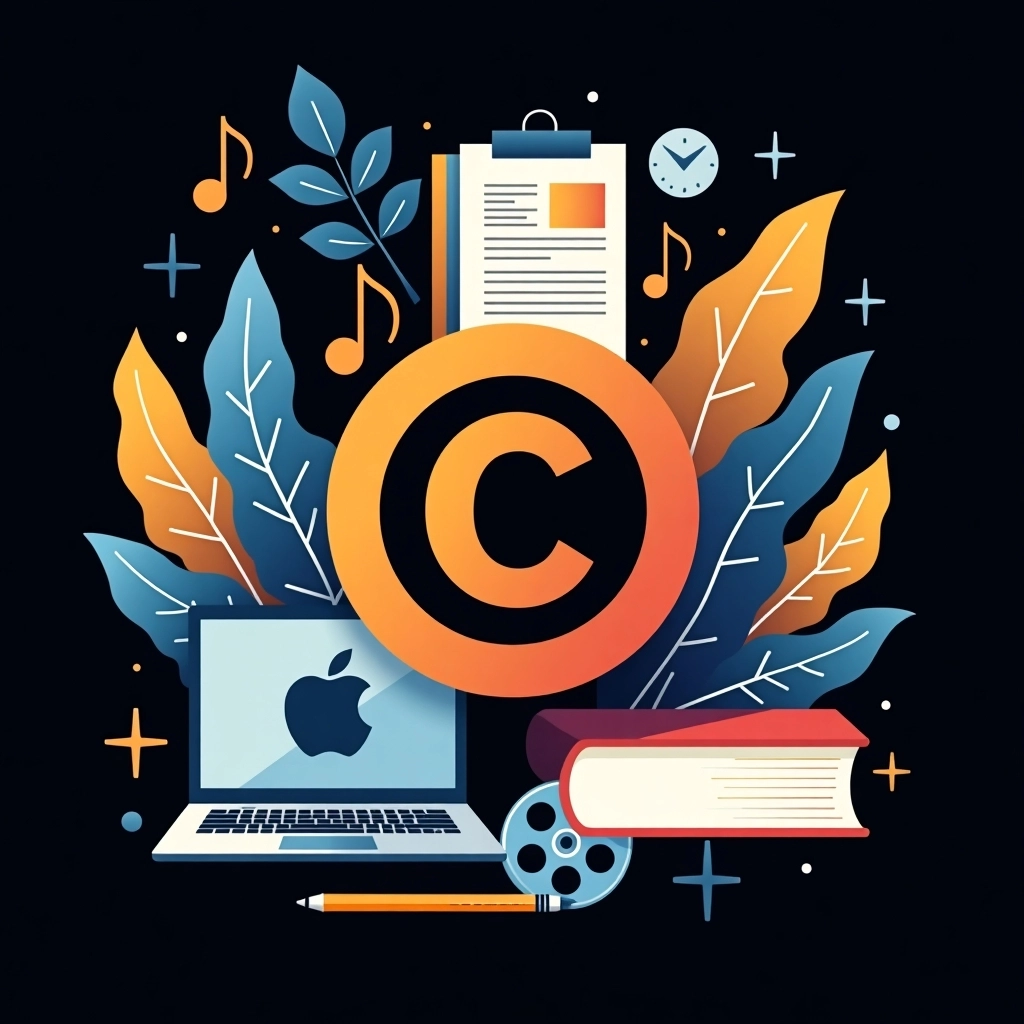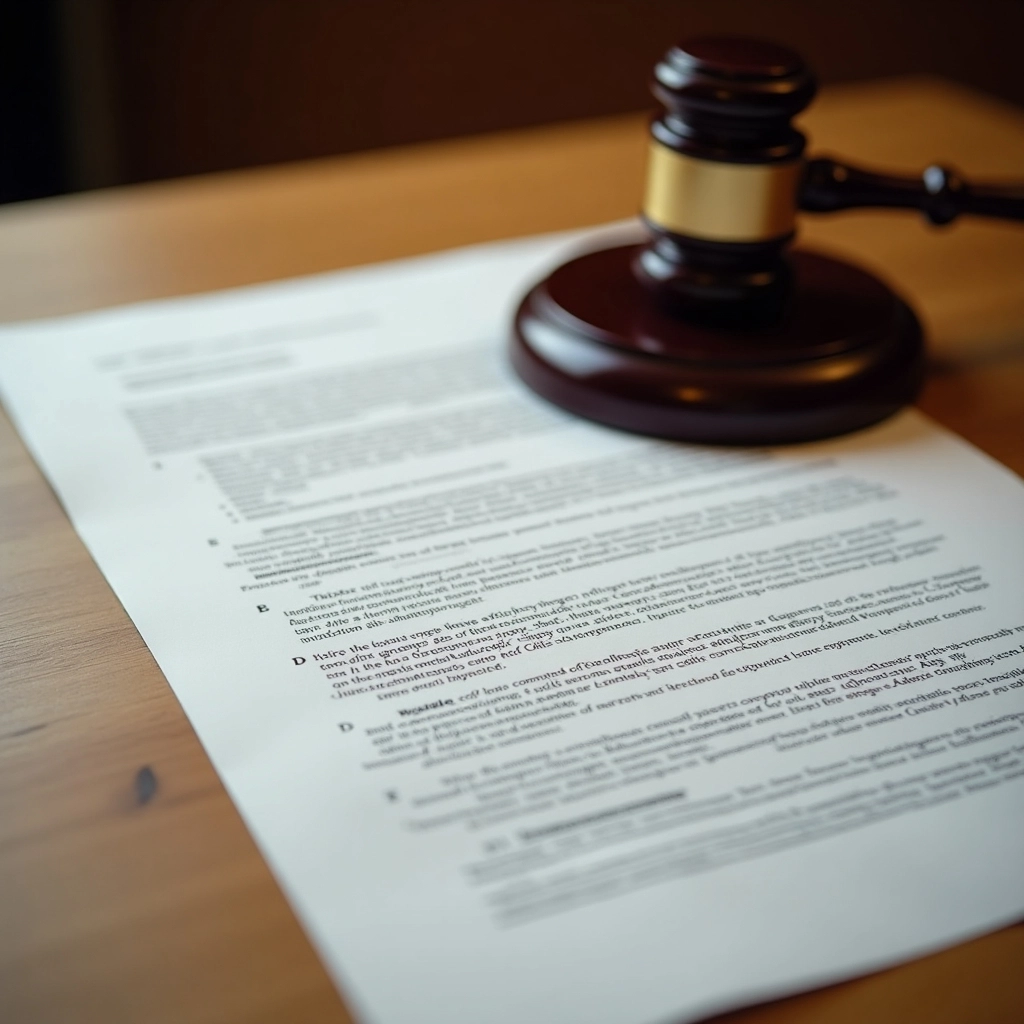Using AI Images Legally: What You Need to Know About Copyright
AI-generated images are becoming increasingly popular, revolutionizing how we create visuals for everything from marketing campaigns to personal projects. With the rise of AI platforms like DALL·E, MidJourney, and Hypnopixels, generating images has never been easier. However, as with any new technology, the legal landscape surrounding AI-created content is still evolving, especially regarding copyright. So, how do you use AI images legally? This guide includes the key things about copyright in AI-generated images.
What Are AI-Generated Images?
At its core, AI-generated images are visuals created by algorithms rather than human hands. AI models are trained on vast datasets, learning patterns, textures, and elements from millions of images, allowing them to create new visuals from a simple text prompt. For example, if you ask an AI to create “a sunset over the mountains,” it will generate an image based on what it has learned from other images of sunsets and mountains. This technology opens up endless creative possibilities, but it also raises important copyright questions.
Understanding Copyright Basics

Before diving into how copyright applies to AI images, let’s cover some basics. Copyright is a legal protection that gives creators exclusive rights over their original works, whether art, music, literature, or software. This means that anyone else who wants to use or copy the work typically needs permission from the copyright holder.
Copyright exists to protect the intellectual property of creators, ensuring they are compensated for their work and preventing unauthorized use. So, how does this apply when the “creator” is an AI?
AI Images and Copyright: A Complex Relationship
Copyright law was developed with human creators in mind. But with AI, things get complicated. Traditionally, the person who creates the artwork holds the copyright. But in the case of AI, it’s not always clear who should be considered the “creator”—the AI itself, the programmer who designed the AI, or the user who prompted the AI to generate the image.
Because of this complexity, copyright law for AI-generated images is still evolving. Courts and lawmakers are trying to figure out how to apply traditional copyright principles to AI-created works, and there is no definitive answer yet.
Who Owns the Copyright in AI-Generated Images?
This is the million-dollar question. Who owns the rights to an image created by an AI tool? There are different perspectives on this issue:
- AI as the creator: Since AI isn’t a legal entity, it can’t hold copyright, meaning ownership would likely fall elsewhere.
- Programmer or company: Some argue that the copyright belongs to the developers or companies who created the AI tool.
- User or prompt-giver: Others believe that the person who uses the AI and inputs the creative prompt should own the rights.
Currently, many AI platforms retain ownership of the images or grant limited licenses to users. This ambiguity is why it’s crucial to understand the terms of service of any AI platform you use.
How AI Image Generators Handle Copyright
Each AI platform has its approach to copyright and usage rights. For example:
- DALL·E: OpenAI, the company behind DALL·E, allows users to own the images they generate but retains some rights to use them for research and development.
- MidJourney: Users receive a commercial license for images they create, though the company retains a level of control.
- Stable Diffusion: This open-source platform leaves much of the usage to user discretion but advises caution when using generated images commercially.
- Hypnopixels: Hypnopixels is an AI-driven image generation platform offering creative tools for designers and artists. Users can create unique visuals by inputting text prompts, similar to other AI-based image generators.
Before using any AI platform, it’s essential to read the terms of service and understand the licensing agreements.
When AI Images May Infringe on Copyright

One of the most significant risks in using AI-generated images is that they might unintentionally infringe on existing copyrighted works. Since AI models are trained on large datasets that include copyrighted images, there’s a possibility that the AI could replicate elements from those works too closely.
For example, if an AI generates an image that closely resembles a famous artwork, it could be considered a derivative work and infringe on the original creator’s copyright. There have already been legal cases where artists claim their styles or works were used without permission by AI tools.
How to Use AI Images Legally
To avoid potential legal issues, here are some tips for using AI-generated images safely:
- Check the terms of service: Always review the usage rights and restrictions of the AI platform.
- Avoid using AI images for commercial purposes without proper licensing: Commercial use often comes with stricter rules.
- Ensure originality: Consider how closely an AI image resembles existing copyrighted works.
- Consider licensing options: If unsure, consider purchasing a commercial license or using platforms that provide clearer rights.
Commercial Use of AI Images: What You Need to Know
If you plan to use AI images for commercial purposes—such as in advertisements, websites, or product packaging—you must be extra cautious. Make sure that the image is fully licensed for commercial use, and if possible, consult with legal experts to ensure you’re not inadvertently violating copyright laws.
International Perspectives on AI and Copyright
Copyright laws vary significantly from country to country, and AI-generated content adds another layer of complexity. Some countries are more lenient, while others are beginning to draft new laws to address AI-related copyright issues. If you’re using AI images globally, be aware of the local laws that might apply.
Conclusion
The legal use of AI-generated images is a nuanced and evolving topic. While the technology opens up incredible creative possibilities, it also brings legal risks, especially concerning copyright. By understanding the ownership issues, reviewing the terms of service of AI platforms, and ensuring you have the proper rights to use AI-generated images, you can navigate this exciting new frontier with confidence.
FAQs
No, AI-generated images are not automatically copyrighted. Ownership depends on the platform’s terms of service or licensing agreements.
It depends on the platform and the licensing terms. Some allow free use for personal projects, while others may restrict commercial use.
Yes, commercial use often requires a license or special permission from the platform or copyright holder.
AI image licenses vary by platform and often grant limited rights compared to traditional art licenses, especially for commercial purposes.
When in doubt, consult a legal expert or choose images with clear licensing terms to avoid potential copyright issues.